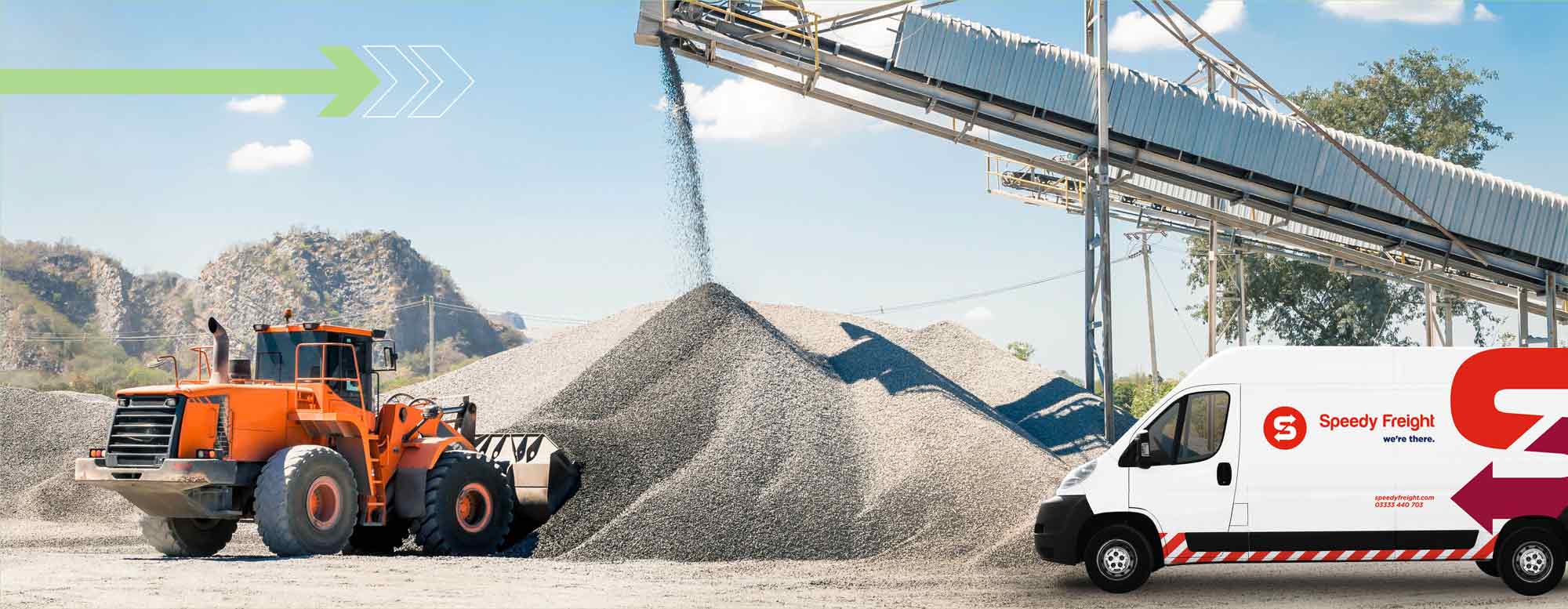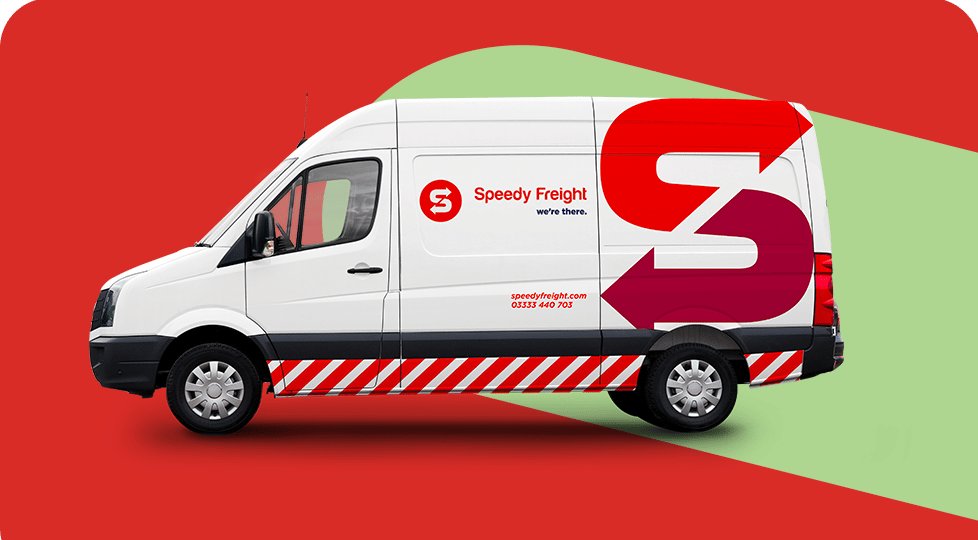Importing Goods to the UK: An Overview
Importing goods to the UK from abroad has therefore changed dramatically – and one way in which it has changed the most is in the implementation of import duties.
Before the UK’s exit from the EU, any export or import from the EU was known as a free movement of goods, without requiring tariffs, checks or regulation. From 1st January 2021, any movement of goods to be imported into the EU has subsequently been required to pass through customs clearance. Partial checks have been in place for goods arriving into the UK, with full checks to be rolled out from this month.
Now, import duties are due to be paid on goods imported into the UK. The only exceptions to import duties (or the UK Global Tariff /UKGT) are of:
-
the country you’re importing from has a trade agreement with the UK
-
an exception applies, such as a relief or tariff suspension
-
the goods come from developing countries covered by the Generalised Scheme of Preferences
How To Calculate Your Import Duty
For all goods (including standard goods), import declarations must be lodged at the port of entry – which will carry with them import duties, based on the nature of the item being imported and its country of origin. Import duties are due at the rate set in the UK Global Tariff Schedule, and it’s vital to have calculated your import duty well in advance.
Calculating the import duty that you owe is a process that needs to take place before you arrange your courier service – which you can do using import duty calculation resources online. The UK government website outlines when import duty is needed, which you can find here.
Secondly, it’s easier than ever to calculate your import duty when importing goods into the UK – you can simply use an online import duty calculator to input the necessary details and calculate the rough import duty required here. It’s always worth checking against the official legislation and government regulations to ensure that you’ve fulfilled all your legal obligations and requirements to import to the UK.
When you nominate Speedy Freight as your freight agent to transport goods into the UK, we can assist with a range of the import necessities required.
What else to I need to do to import goods into the UK?
Import duties aren’t all you’ll need to bring goods into the UK. There are a number of declarations, certifications and licenses that you may need to get before you can import goods from the EU – or further afield- into the UK!
-
Obtain your EORI (Economic Operator Registration and Identification) number, which is required for all trade with the EU!
-
Partner with a trusted freight forwarder like Speedy Freight to help you with your customs declarations
-
Check whether your imported goods are ‘controlled’ – as there are certain declarations required for various categories of imports!
-
Read the UK Global tariff to check the rate of Customs Duty that is likely to apply to the category of goods you import.
-
Decide if you plan to use the Postponed Accounting system. The Postponed Accounting system allows businesses to defer import VAT, allowing them to learn how to declare the deferred import VAT on your VAT return.
To learn more, check out our Import page, our Brexit FAQ and our Checklist for more on how to import goods safely, securely, and in compliance with new legislation.
How Can Speedy Freight Help With Importing Goods to the UK?
Here at Speedy Freight, we do our very best to ensure that our clients’ import transitions have been as smooth as possible. Before the UK left the EU, we ensured that we had already implemented new freight procedures in line with government guidelines to make sure that we are compliant in all aspects of these new regulations on importing goods into the UK post-Brexit.
Speedy Freight is well-versed in the duties, customs and declarations needed to import goods into the UK from the EU, and our teams are on-hand 24-7, 365 days a year to help all of our clients import goods safely, securely and on time.
 EN
EN
























